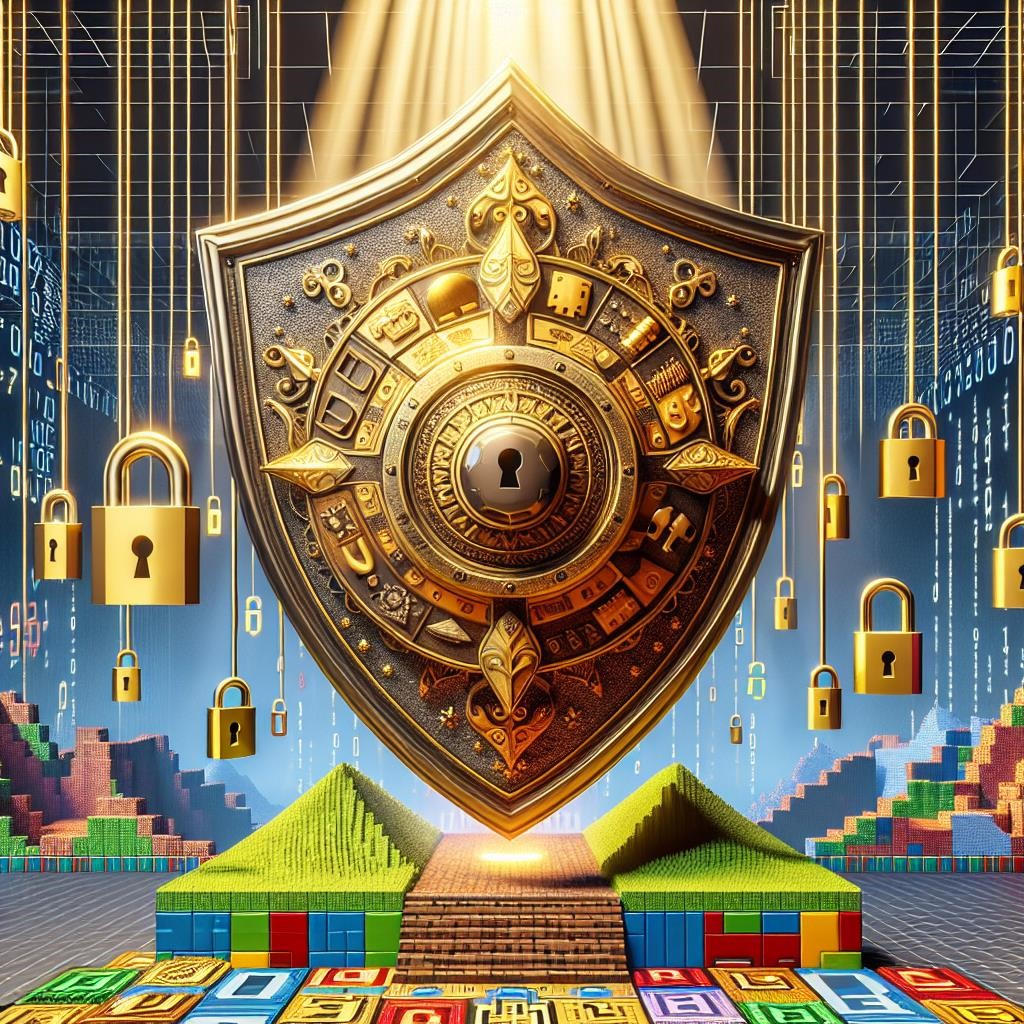In the rapidly evolving landscape of gaming, security concerns have become paramount. As millions of players engage in online gaming, the threats to personal information and account security have escalated. This article delves into the various aspects of gaming security, highlighting the key concerns and providing actionable solutions to ensure a safer gaming experience.
Understanding the Risks in Gaming
The online gaming environment is rife with potential security threats. Here are some of the primary risks that gamers face:
- Account Hacks: Cybercriminals often target gaming accounts to steal personal information or in-game assets.
- Phishing Attacks: Players can fall victim to deceptive emails or messages that appear legitimate, tricking them into revealing sensitive information.
- Malware and Viruses: Some games and mods can harbor malicious software that compromises the player’s device.
- DDoS Attacks: Distributed Denial of Service attacks can disrupt gameplay and target players or gaming servers.
- Insecure Payment Methods: Entering payment information on unsecured sites can lead to identity theft.
The Importance of Gaming Security
As the gaming industry continues to grow, the significance of security cannot be overstated. Here are several reasons why gaming security is critical:
- Protection of Personal Information: Gamers share a wealth of personal data that must be safeguarded against theft.
- Integrity of Gaming Experience: Ensuring a secure environment helps maintain fair play and trust among players.
- Prevention of Financial Loss: Security breaches can lead to unauthorized purchases and significant monetary losses.
- Maintaining Reputation: Game developers and platforms must uphold a reputation for security to retain users.
Best Practices for Gamers
To mitigate the risks associated with gaming, players can adopt several best practices:
- Enable Two-Factor Authentication: This adds an extra layer of security by requiring a second form of verification when logging in.
- Use Strong Passwords: Create complex passwords that are difficult to guess, and avoid using the same password across multiple platforms.
- Be Wary of Phishing: Always verify the source of emails and messages before clicking on links or providing information.
- Keep Software Updated: Regularly update your gaming platforms and devices to protect against vulnerabilities.
- Use Secure Payment Methods: Opt for secure payment options and avoid sharing financial information on unverified sites.
Developers’ Role in Gaming Security
Game developers and publishers play a crucial role in ensuring gaming security. Here are measures they can take:
- Implement Robust Security Protocols: Develop strong encryption methods to protect user data.
- Regular Security Audits: Conduct periodic assessments to identify and rectify vulnerabilities in the gaming platform.
- Educate Players: Provide resources and information about security practices to help players protect themselves.
- Respond to Threats: Establish a dedicated team to address security breaches and respond swiftly to incidents.
As the world of gaming continues to expand, so do the associated security concerns. By understanding the risks and implementing effective security measures, both players and developers can work together to create a safer gaming environment. It’s essential to stay informed, vigilant, and proactive in the face of evolving threats to ensure that gaming remains a fun and secure experience for everyone.

Comment here